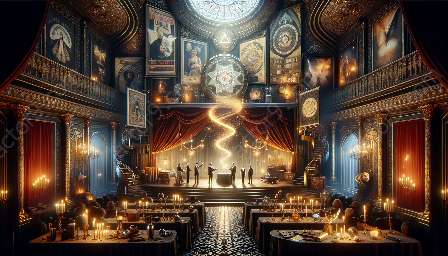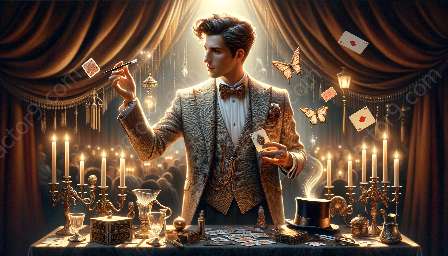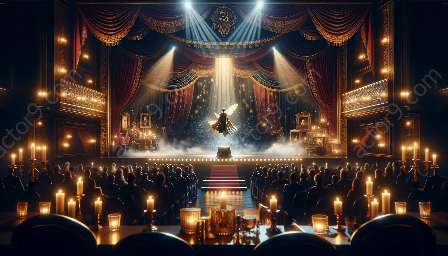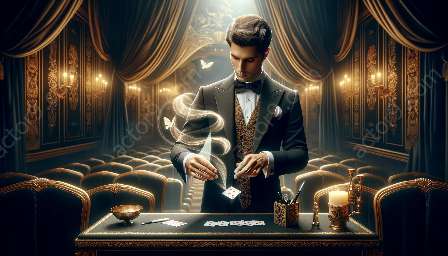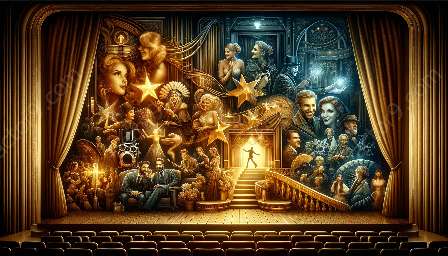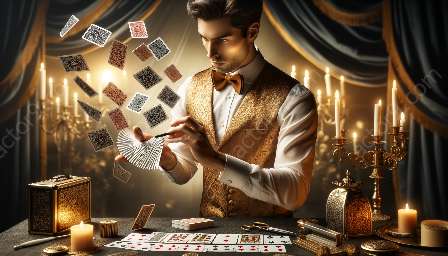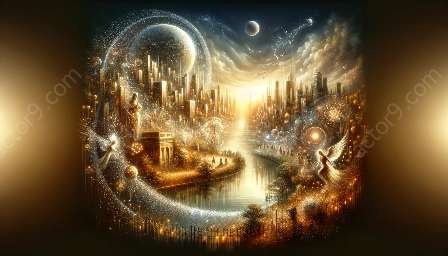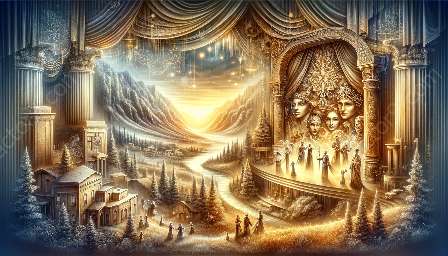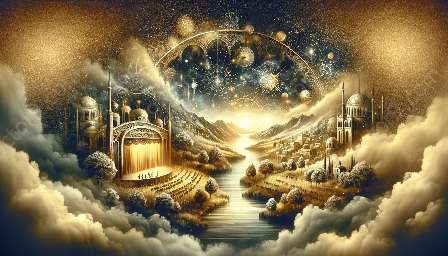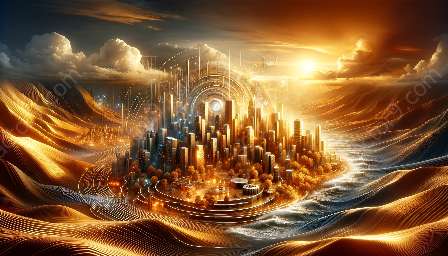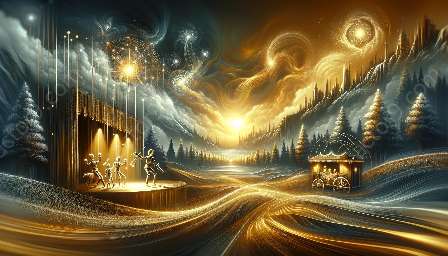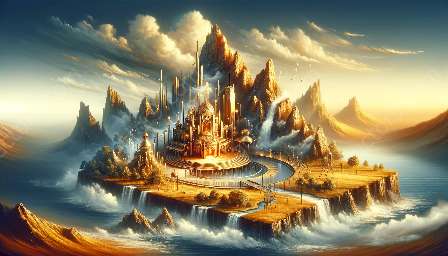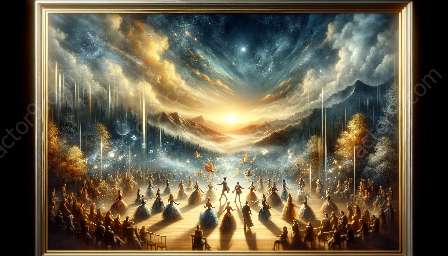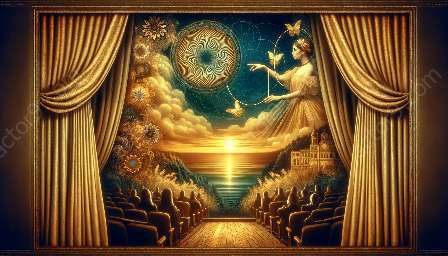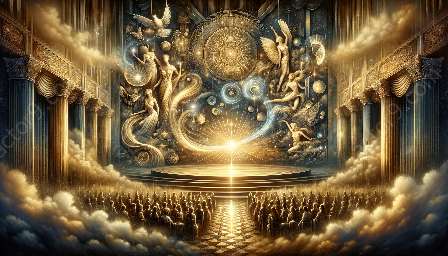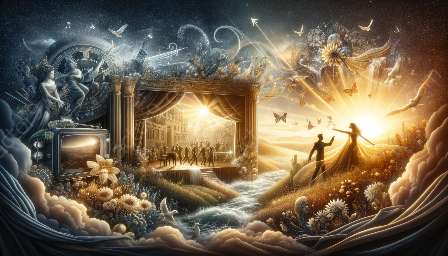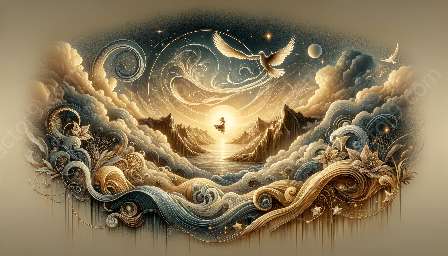Magic and illusion have captured the imagination of societies throughout history, shaping and reflecting cultural beliefs, fears, and values. From ancient mysticism to modern entertainment, magic has held a significant place in society, influencing and being influenced by the societal perceptions of magic.
Historical Perspectives
The history of magic and illusion is deeply intertwined with societal perceptions. In ancient civilizations, magic was often associated with divine or supernatural powers. Ancient Egyptian, Greek, and Roman societies revered magicians and illusionists, attributing their abilities to mystical forces. In the Middle Ages, magic was often seen as heresy or witchcraft, leading to the persecution of those believed to possess magical powers.
During the Renaissance, magic was viewed as a scholarly pursuit, with practitioners exploring the art of illusion and deception. The Age of Enlightenment brought skepticism and scientific inquiry, challenging traditional beliefs in magic and the supernatural. However, the 19th and 20th centuries witnessed a resurgence of interest in magic as a form of entertainment, shaping modern societal perceptions of magic as a performance art.
Societal Significance
Magic and illusion have played a pivotal role in shaping societal perceptions and cultural beliefs. In many societies, magic has been intertwined with religious or spiritual practices, serving as a link between the material and spiritual worlds. Additionally, magic has been used as a form of social commentary, reflecting the hopes, fears, and aspirations of a given society.
Furthermore, magic and illusion have been employed as a means of entertainment and escapism, offering audiences a break from the mundane and a sense of wonder. Magicians and illusionists have become cultural icons, influencing fashion, art, and popular culture, further solidifying the impact of magic on societal perceptions.
Contemporary Views
In the digital age, magic and illusion continue to captivate and mystify audiences around the world. Television shows, movies, and social media have expanded the reach of magic, shaping contemporary societal perceptions. Furthermore, magic has found new avenues for expression, with diverse cultural influences contributing to the evolution of magical techniques and styles.
As societal perceptions of magic continue to evolve, the art form remains a dynamic reflection of cultural diversity and universal fascination. Magicians and illusionists continue to push the boundaries of imagination, challenging and reshaping societal views on the nature of reality and the possibilities of the human mind.

